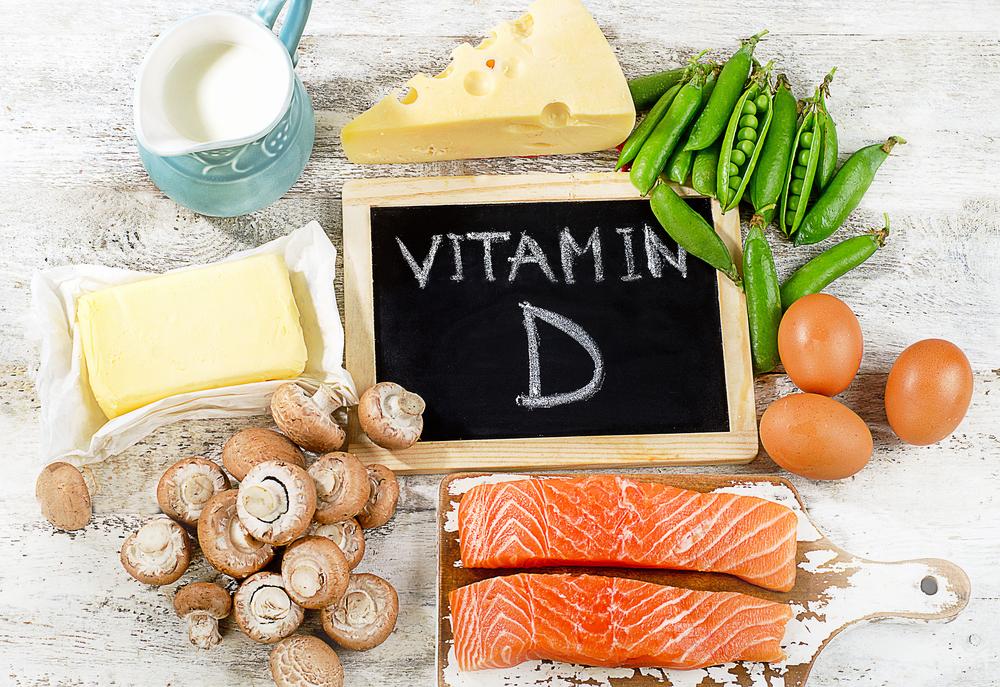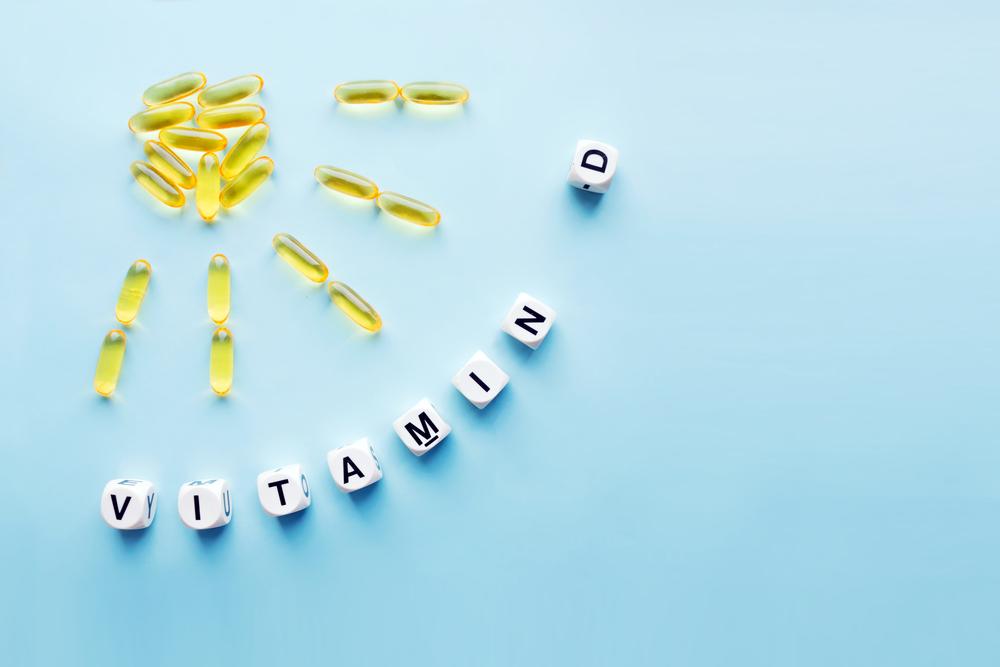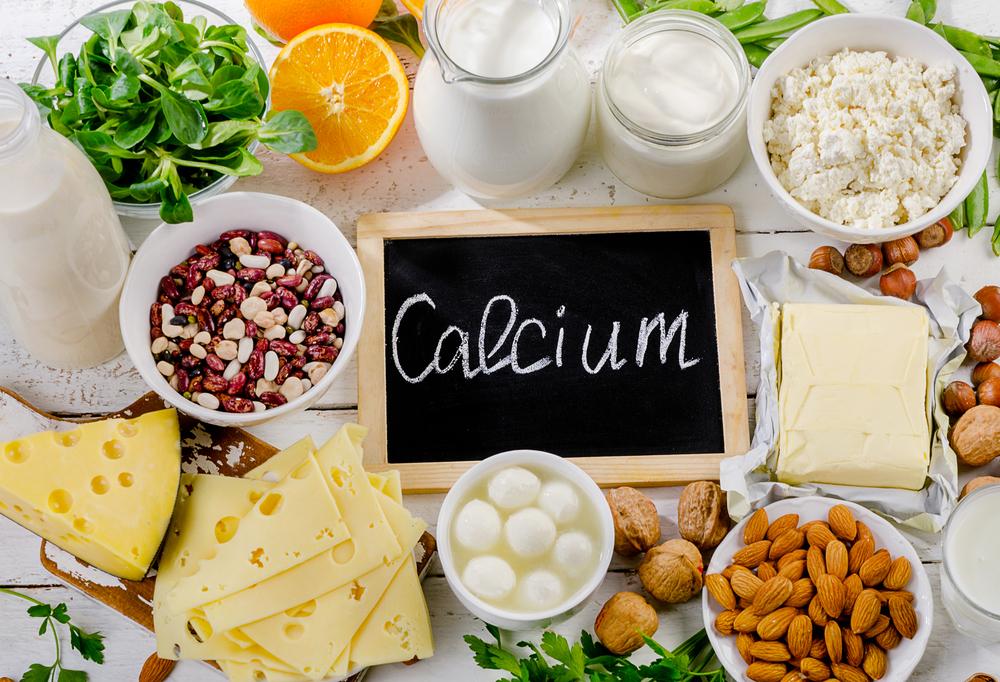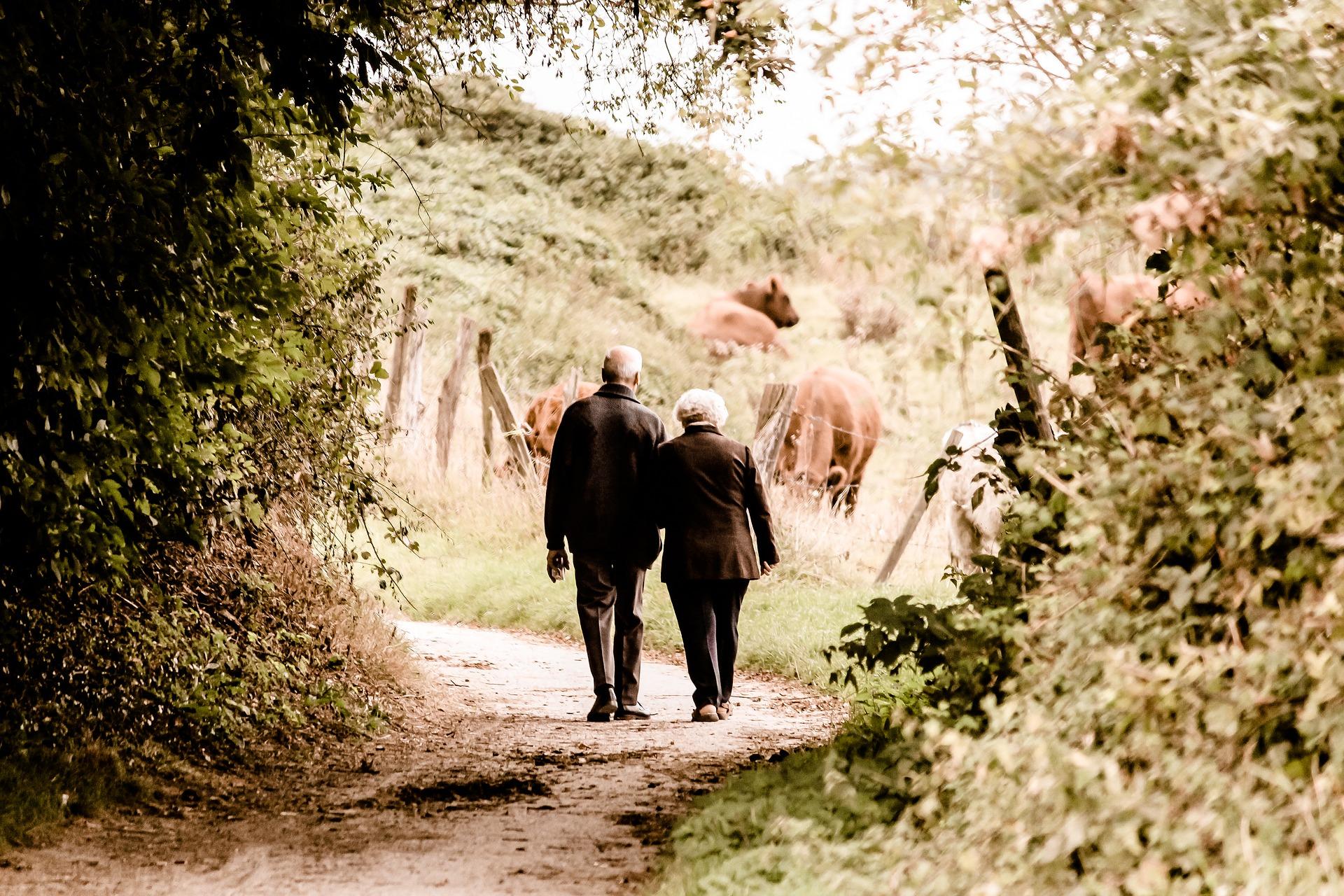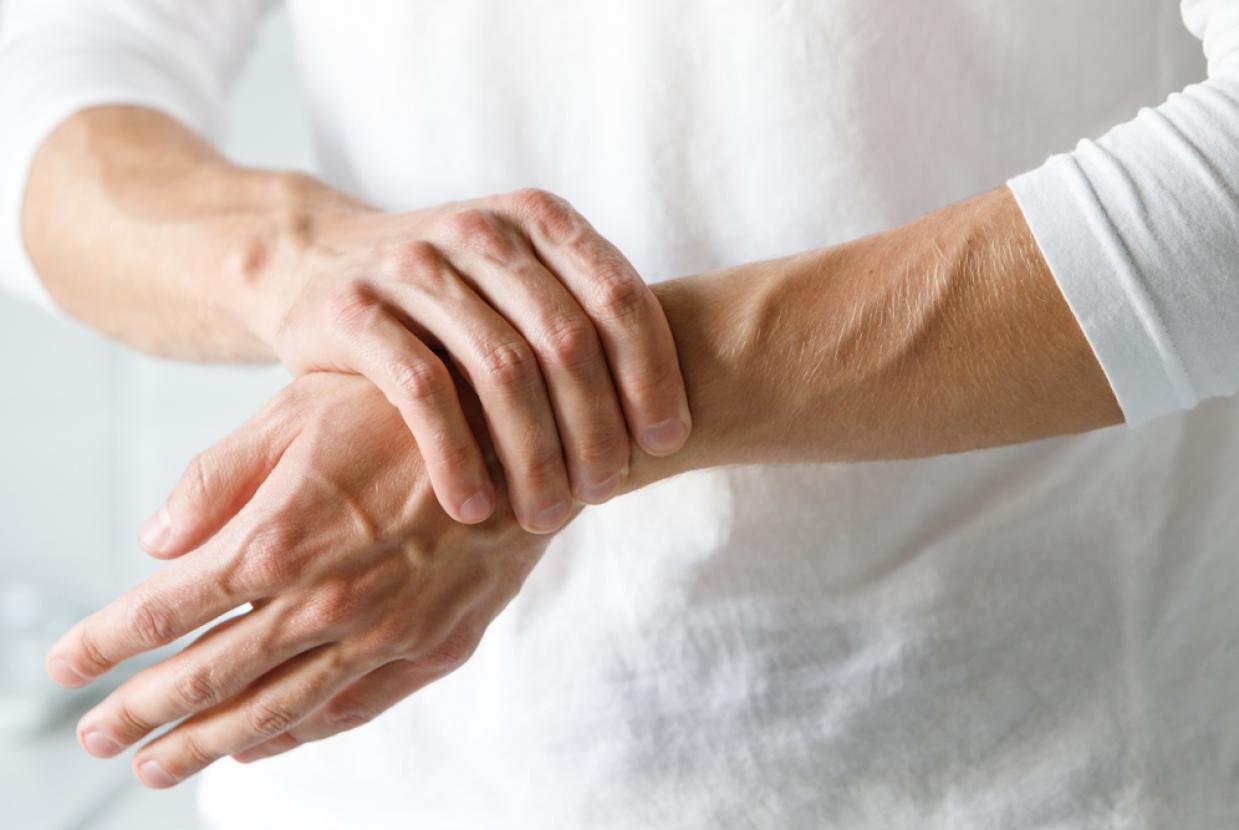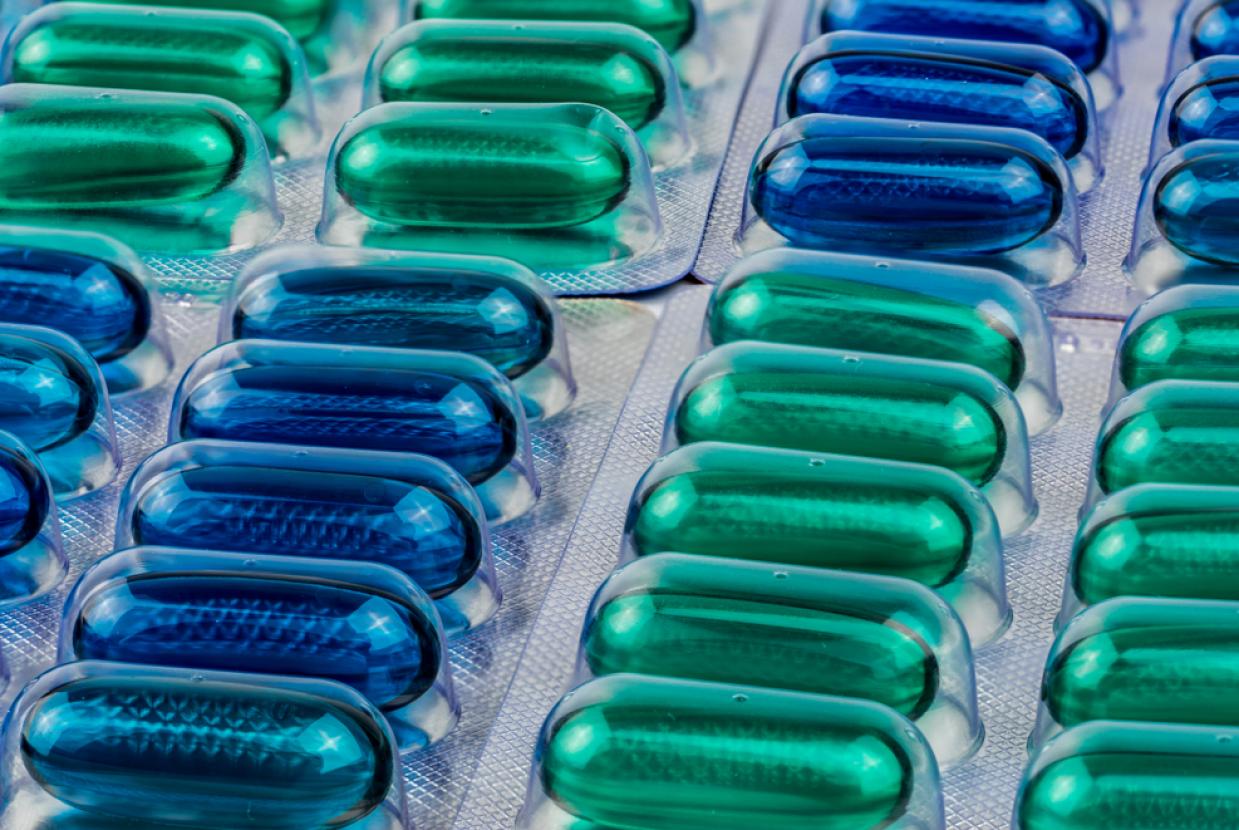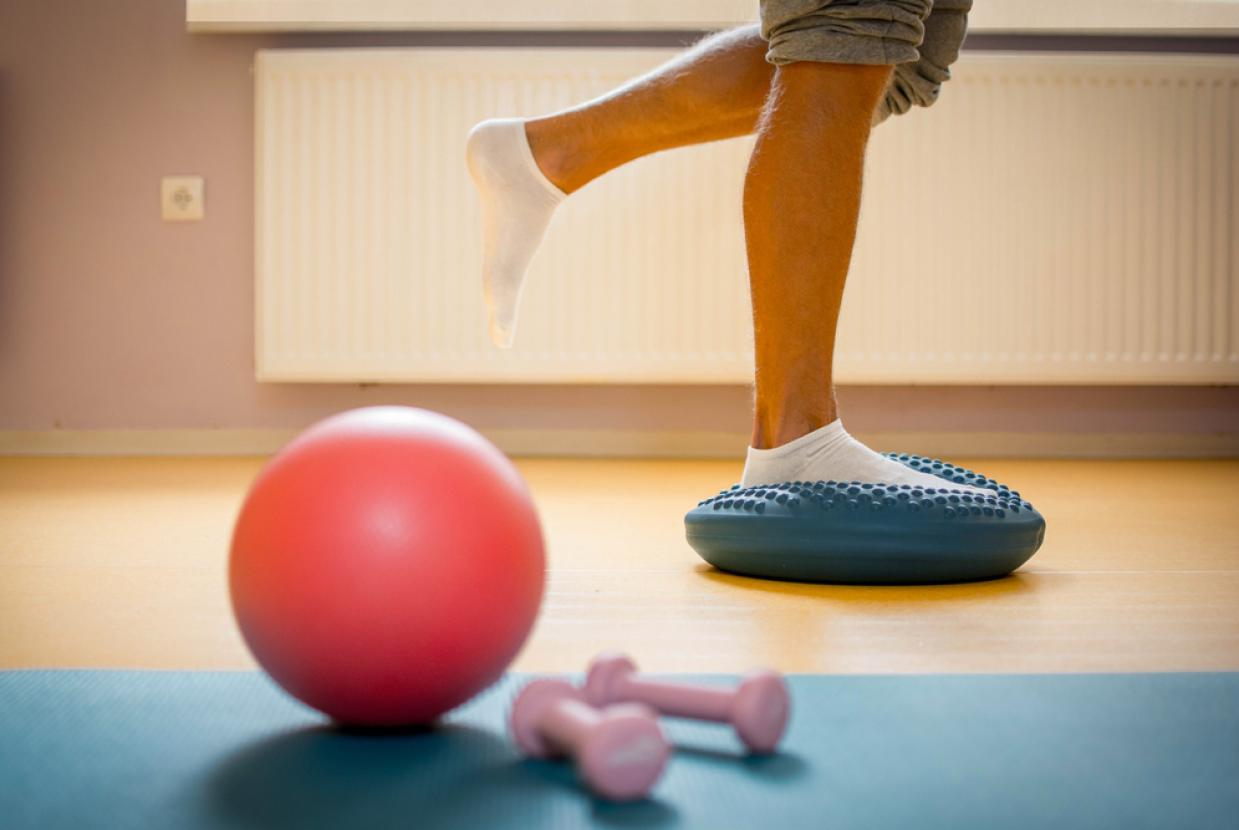Vitamin D
Vitamin D has several important functions. For example, it helps regulate the amount of calcium and phosphate in the body. These substances are needed to keep bones and teeth healthy.
If you do not get enough vitamin D, you might be more at risk of some of the harmful effects of too much vitamin A. Ask your GP for more information. A lack of vitamin D can also lead to rickets.
Good sources of vitamin D
Most of our vitamin D comes from sunlight on our skin. The vitamin forms under the skin in reaction to sunlight. The best source is summer sunlight. However, if you are out in the sun, take care not to turn red or get burnt. Vitamin D is also found in a small number of foods. Good food sources are:
- oily fish, such as salmon and sardines
- eggs
- fortified fat spreads
- fortified breakfast cereals
- powdered milk
How much vitamin D do I need?
You do not need vitamin D in your diet every day. This is because any of the vitamin your body does not need immediately is stored for future use.
However, the Food Safety Authority and the Health Service Executive recommend that all babies 0 to 12 months should receive a vitamin D supplement.Vitamin D3 is the preferred form of the supplement for infants. Products which contain other vitamins as well as vitamin D should not be used.
What happens if I take too much vitamin D?
Taking high doses of vitamin D for long periods of time could weaken your bones. Most people should be able to get the vitamin D they need by eating a varied and balanced diet and by getting some sun. If you take vitamin D supplements, do not take too much.
Taking 25 micrograms (0.025mg) or less a day of vitamin D supplements is unlikely to cause any harm.


